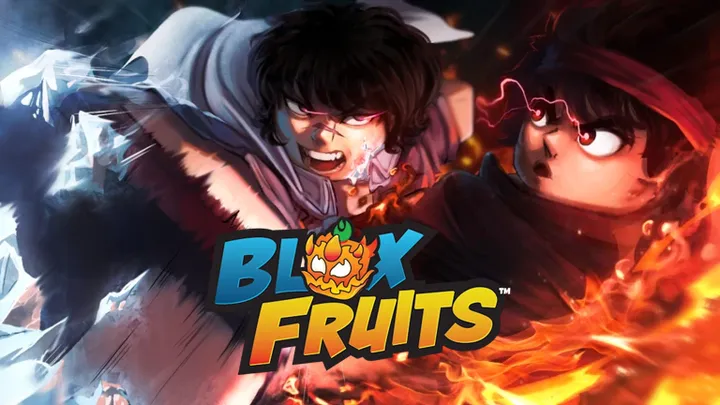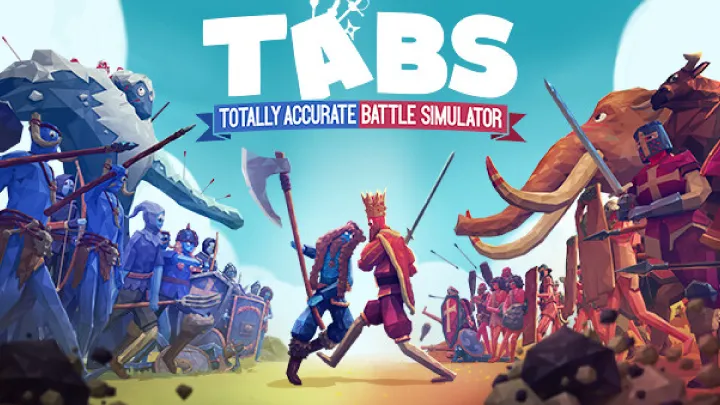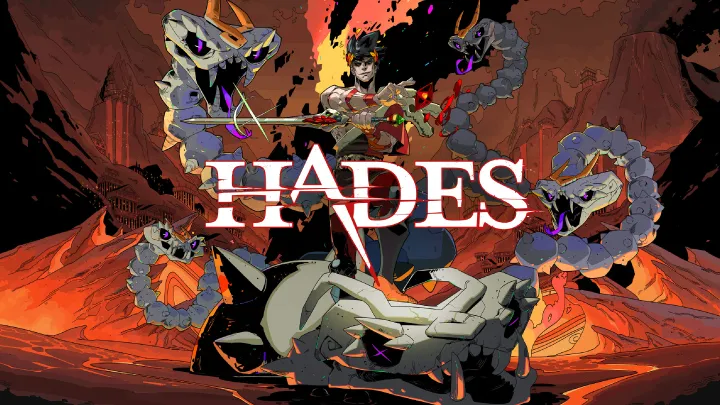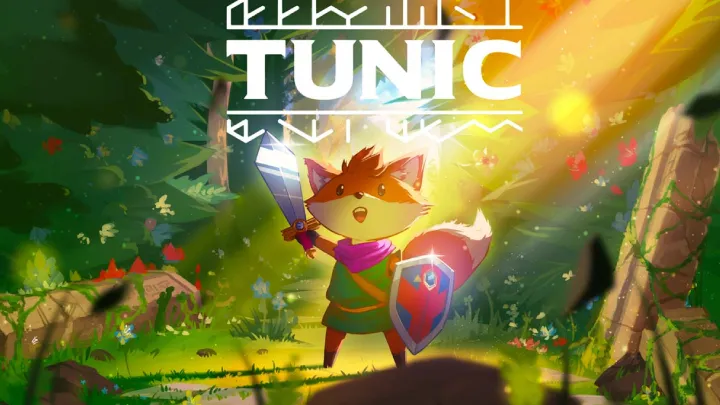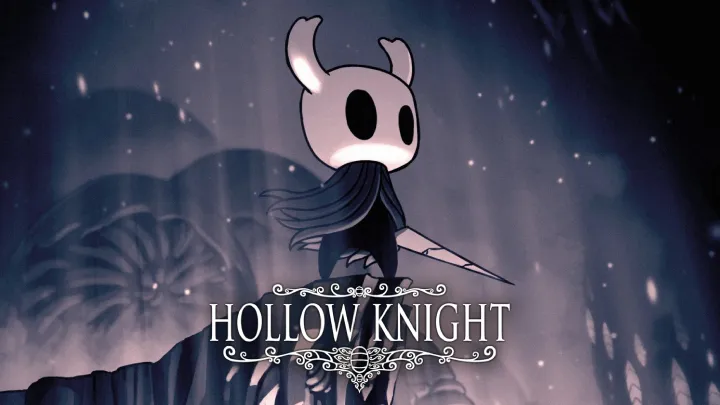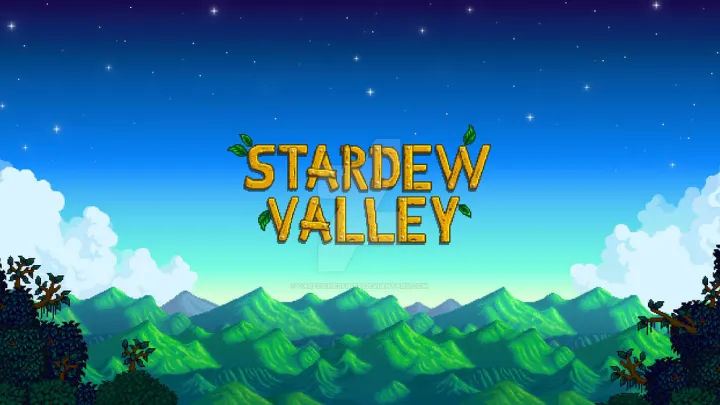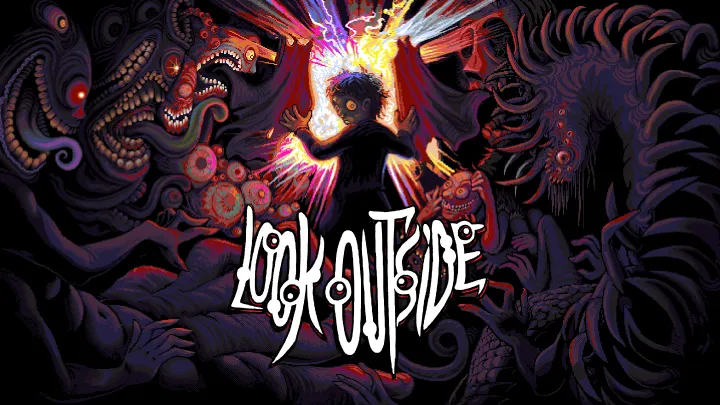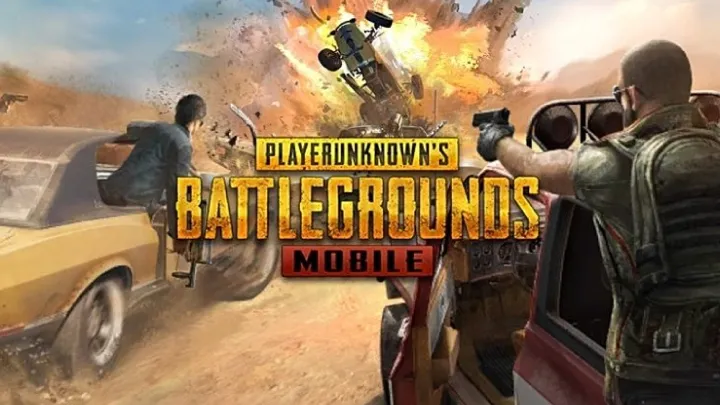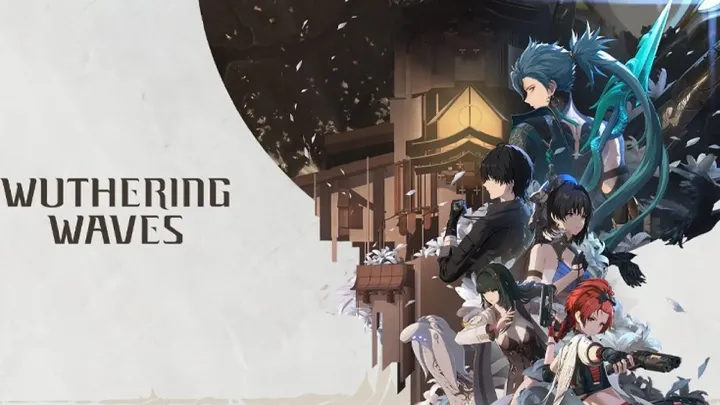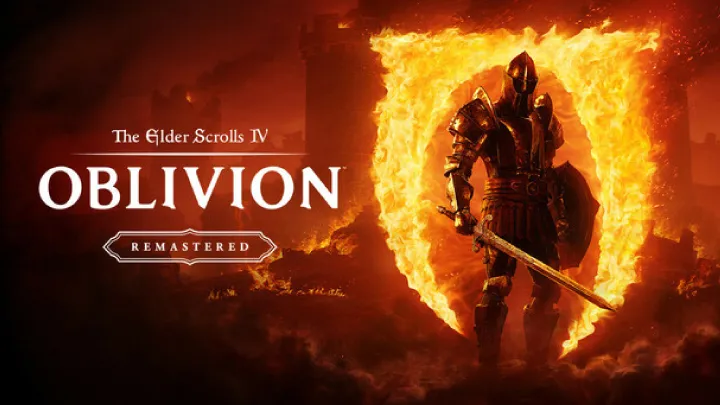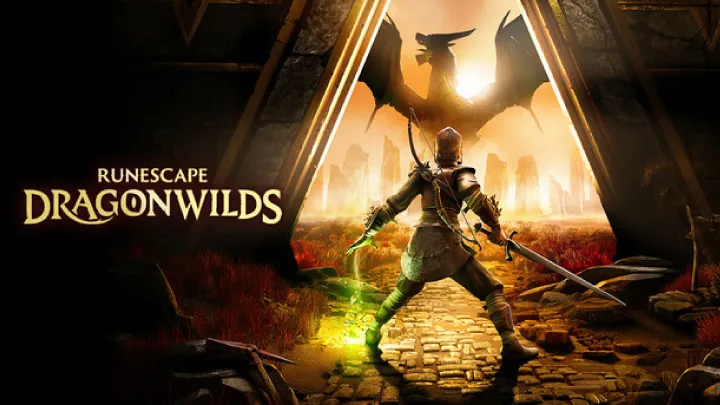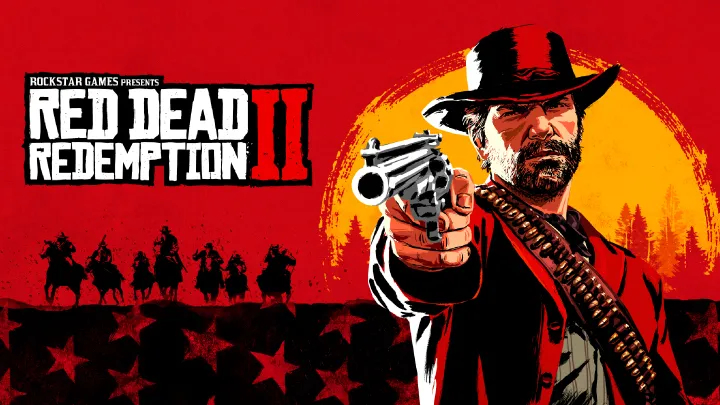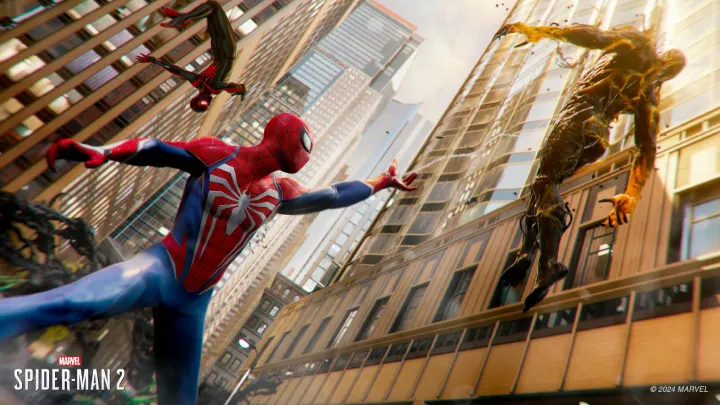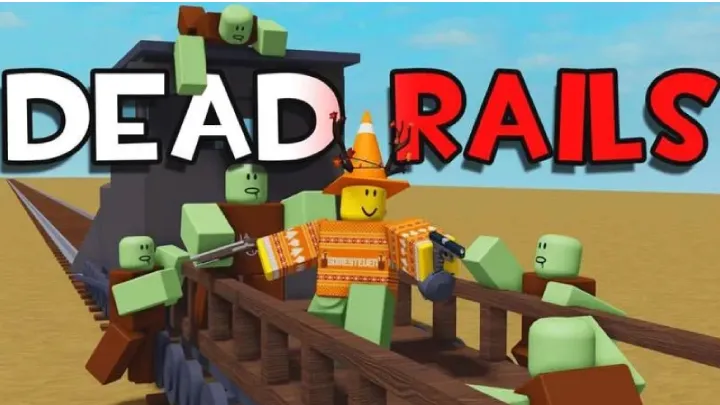Introduction
Party games are one of the purest forms of interactive entertainment. Unlike massive open-world RPGs or competitive shooters, party games are designed to be quick, accessible, and packed with fun for groups of players gathered in the same room or online. But what makes them so enduring isn’t just the laughter or chaos—they also have a unique ability to turn friends into rivals.
There is something magical about sitting down with people you know well, starting what seems like a harmless game, and watching it escalate into a battlefield of sabotage, betrayal, and revenge. That’s the essence of party gaming: blending fun and competition so tightly that you can’t tell whether you’re bonding or breaking friendships.
In this article, we’ll dive deep into five of the greatest party games that turn friends into rivals. Each title has its own mechanics, style of chaos, and unique brand of tension. Whether you’re racing on rainbow-colored tracks, slicing vegetables in a burning kitchen, or trying to convince your friends you’re not an imposter, these games guarantee unforgettable nights filled with laughter, yelling, and maybe a little resentment.
1. Mario Party – The Ultimate Rivalry Machine
When it comes to party games, few titles are as infamous as Mario Party. First released in 1998 on the Nintendo 64, Mario Party quickly became the benchmark for all future party games. Its concept is simple: combine a virtual board game with wacky mini-games, throw in some luck-based mechanics, and watch friendships unravel.
A Formula Built on Chaos
At its core, Mario Party is a mix of strategy and sheer unpredictability. Players roll dice to move across a board, collect coins, and compete in mini-games to earn stars—the ultimate currency of victory. But what makes it truly special is the randomness. One moment, you’re leading with multiple stars; the next, an unlucky event or a rival’s sabotage item wipes away your advantage.
It’s this unpredictability that makes Mario Party so brutal and fun at the same time. Skill matters, but luck often decides the winner, creating situations where even the most confident players find themselves robbed of victory at the last second.
Mini-Games That Test Rivalries
The mini-games are where friendships start to break. Whether it’s frantic button-mashing contests, platforming challenges, or teamwork trials, players constantly find themselves competing head-to-head. And since mini-games determine who earns coins, the stakes always feel high.
Many fans still remember blisters from spinning the N64 controller joystick during certain mini-games, a literal scar from the intensity of competition.
The Infamous Bonus Stars
No discussion of Mario Party would be complete without mentioning bonus stars. At the end of the game, players are awarded stars for arbitrary achievements—like traveling the farthest or landing on the most special spaces. This system often hands victory to an underdog, crushing the spirits of players who thought they had the win secured.
For some, this mechanic is unfair; for others, it’s what makes Mario Party legendary. After all, nothing turns friends into rivals faster than losing a two-hour game to someone who barely tried but lucked out with bonus stars.
2. Overcooked! – Chaos in the Kitchen
On the surface, Overcooked! looks innocent. Players control adorable chefs in a cartoon kitchen, tasked with preparing meals under time pressure. But within minutes, the game transforms into pure chaos—a shouting match disguised as teamwork.
The Illusion of Cooperation
Overcooked! requires players to work together: chopping vegetables, frying meat, assembling dishes, and delivering orders. Sounds easy, right? But when the kitchen layout involves conveyor belts, moving platforms, or fire hazards, coordination breaks down instantly.
“Who forgot the soup?” “Why are the dishes piling up?” “Stop throwing tomatoes on the floor!” These are the kinds of phrases that echo in living rooms during a session of Overcooked!. Cooperation dissolves into blame, and suddenly best friends are rivals battling to prove who’s most competent in the kitchen.
Time Pressure Creates Rivalry
Unlike Mario Party, Overcooked! doesn’t rely on random luck. The chaos emerges from strict time limits and tight coordination requirements. The better your team works, the higher your score—but even one mistake can cause an entire round to collapse.
This pressure cooker environment is what turns friends into rivals. Instead of competing directly, players compete indirectly through accountability. Who messed up? Who didn’t communicate? Rivalry becomes unavoidable.
Why It’s So Addictive
Despite the yelling, Overcooked! is addictively fun. There’s something cathartic about surviving the madness together, even if it means temporary rivalries. And when you finally three-star a level after multiple failed attempts, the sense of triumph feels like redemption for all the chaos.
3. Mario Kart – The Blue Shell Destroyer of Friendships
Few games embody the phrase “friendship ender” like Mario Kart. For decades, Nintendo’s iconic racing series has entertained players with colorful tracks, quirky items, and deceptively competitive gameplay.
Racing with Sabotage
At its heart, Mario Kart is a racing game—but it’s not about pure speed. The items are what transform it into a rivalry-fueled battlefield. Green shells, banana peels, lightning bolts, and of course, the dreaded Blue Shell, ensure that no victory is ever secure.
You can be leading the entire race, driving perfectly, only to be hit by a combination of shells and lose your position in the last five seconds. That’s the kind of heartbreak that defines Mario Kart—and the kind of betrayal that makes friends glare at each other across the couch.
Tracks That Test Skill and Patience
From Rainbow Road to Bowser’s Castle, the tracks in Mario Kart are designed to challenge skill while amplifying chaos. Slippery curves, moving obstacles, and tight corners make each lap unpredictable. Players who fall behind often gain access to stronger items, allowing them to wreak havoc on the leaders.
This rubber-banding mechanic ensures every race feels competitive, but it also guarantees that rivalries flare up. Nobody likes being hit by a friend’s shell right at the finish line.
A Party Game Disguised as a Racer
Mario Kart may look like a racing game, but it’s actually a party game in disguise. The true fun isn’t in winning—it’s in watching your friends lose their cool when their perfect run is ruined.
4. Among Us – Trust, Lies, and Betrayal
Released in 2018 by InnerSloth, Among Us exploded in popularity during 2020, becoming a cultural phenomenon. Its appeal lies in a simple premise: complete tasks as crewmates or secretly sabotage the mission as an imposter. But what makes it unforgettable is the way it destroys trust among friends.
A Game of Lies
Among Us is essentially a digital version of Mafia or Werewolf. Crewmates must identify imposters before being eliminated, while imposters must lie, manipulate, and deceive their way to victory.
This setup instantly creates rivalries. Friends who once trusted each other suddenly become suspicious, analyzing every movement, every excuse, every “I was in electrical.” The paranoia alone is enough to strain friendships.
Betrayal Hurts the Most
Nothing stings more than being killed by a friend you trusted or being falsely accused and ejected into space by the group. The emotional highs and lows are what make Among Us such a potent party game. Rivals emerge not just from victory and defeat, but from broken trust.
Why It Resonates
Among Us is proof that you don’t need flashy graphics or complex mechanics to create memorable rivalries. All you need is social deduction, lies, and the willingness of players to throw each other under the bus.
5. Gang Beasts – Silly Brawls, Serious Grudges
Finally, we arrive at Gang Beasts, a physics-based brawler developed by Boneloaf. At first glance, the game looks ridiculous: floppy, gelatinous characters punch, kick, and throw each other around absurd arenas. But don’t let the silliness fool you—Gang Beasts is one of the most rivalry-inducing party games ever made.
Physics Meets Comedy
The unpredictable physics system makes every fight hilarious. Characters stumble, flop, and cling to ledges desperately as rivals try to toss them into hazards like grinders, subway trains, or incinerators. The clumsy controls mean that victory often feels like a mix of strategy and dumb luck.
Rivalries in Every Throw
Gang Beasts shines because of how personal it feels. Unlike racing or cooking games, this is physical competition. You’re literally throwing your friends off rooftops and into deadly traps. Even if it’s cartoonish, the act of betrayal feels direct, fueling rivalries instantly.
Endless Replay Value
No two matches are ever the same. Sometimes you’ll team up temporarily to gang up on a stronger opponent, only to turn on each other seconds later. Rivalries in Gang Beasts are fleeting yet intense, perfectly encapsulating the spirit of party gaming.
Conclusion
Party games are proof that competition doesn’t have to be serious to be meaningful. In fact, the most memorable moments often come from chaos, laughter, and unexpected rivalries.
